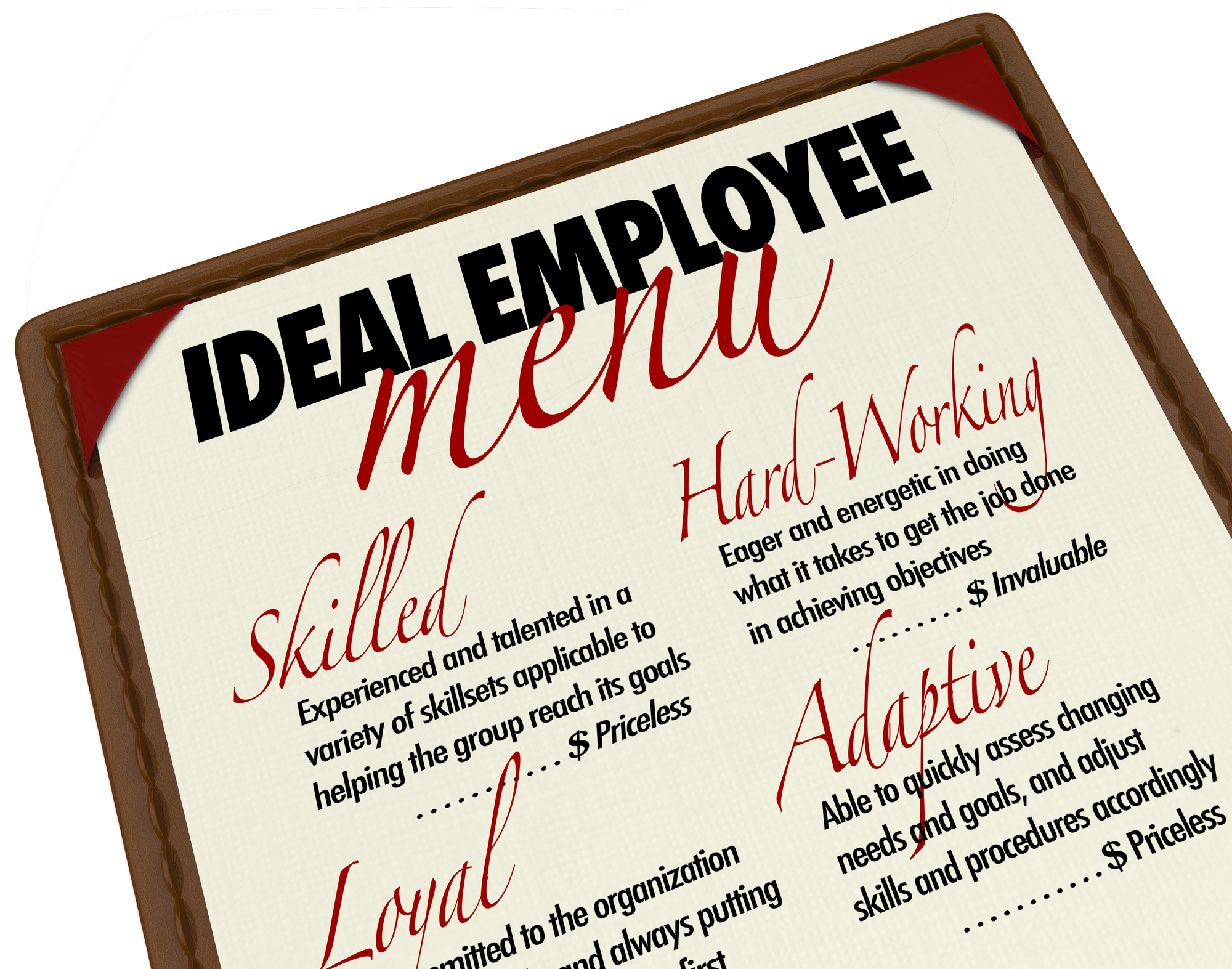Same Day Shipping. Quick Response. Call us at 800.232.2403.
Menu
Menu

It can be time-consuming and expensive to hold out for the “perfect candidate” when the perfect candidate for a job may not exist — or they may be happily employed elsewhere. Additionally, an applicant who may not look the best on paper, or that didn’t have the smoothest interview, may work out better than you’d think.
Hiring the right candidate for a role can be difficult, but waiting for the perfect candidate to appear is improbable because the “perfect candidate” is a myth. No applicant is perfect — not managers, not even CEOs.
While you want to hire a good fit for the role (e.g. prior experience, solid work ethic, a good fit for company culture, etc.), it is unlikely that a candidate will check every single box found in a job listing.
It is smart to be critical of applicants, but it is important to ditch the “perfect candidate” mindset. This will help keep you from wasting countless hours (and money) trying to finding a candidate that may not exist, as well as writing off individuals that may be a great fit for the role — even if they didn’t check every box.
No matter what the applicant looks like on paper, the types of interview questions you ask, the innovative hiring technology you utilize, or how many interviews you have applicants go through, you never truly know whether an individual is the best candidate until they are actively working for you.
The information below is meant to provide recruiters with actionable advice to help weed out poor candidates and avoid overlooking applicants who could be a great fit for the role.
Be sure to analyze both hard skills and soft skills. Hard skills are important to determine whether or not the person has the technical capabilities to perform the job, but soft skills are non-technical skills that translate into how an applicant works, solves problems, interacts with colleagues, responds to feedback, manages their time, and several other indicators of whether or not they will be successful in a specific role. Although hard skills are critical to analyze during the hiring process, reviewing an applicant’s soft skills is equally as important.
Business owners have worked hard to create safe and inclusive company cultures within their organizations. Recruiters need to work hard to make sure that the individuals they are hiring fit well within that culture. A new hire that disrupts the cultural dynamic can upset your existing employees and create several other potential issues. If you are interviewing an applicant, and the applicant’s personal views, soft skills, or even demeanor don’t mesh well with the company culture, they may not be a good fit for the company.
Have you ever felt like something isn’t right, or like there are butterflies in your stomach telling you to proceed cautiously? These are called your gut feelings and your gut instinct is often insightful. An applicant can look perfect on paper, but when you interview them, they can give you an off-putting feeling. While it is important to consider facts and logic, your gut feelings are worth investigating to see if you can find any validity to them. Whether you have a good or bad gut feeling with an applicant, evaluate the notions to see if there is anything substantial to them.
Although it is important to consider your gut feelings, it is also important to be as objective as possible during the applicant screening process. Some objective screening processes are fairly straight-forward for recruiters and can include:
Recruiters need to understand what the candidate wants in both the short- and long-term. This can be indicative of whether or not the employee is going to be sticking around for long and it can help you avoid employee turnover. Ask them questions about their plans — like:
Simple questions like the ones above can illuminate whether this job is a long-term opportunity or a stepping stone for the applicant. It is also important to be transparent about your room for growth with your applicants as well. If there isn’t much opportunity for internal growth, don’t say there is.
There are numerous questions that recruiters should ask themselves after gathering information from an interview. These questions will validate things like whether or not the candidate can do the job, what motivates them, how they take/respond to criticism, how soon they can start, etc. and this should give you insight into whether or not you should offer the applicant the position. Some examples of these types of questions are: